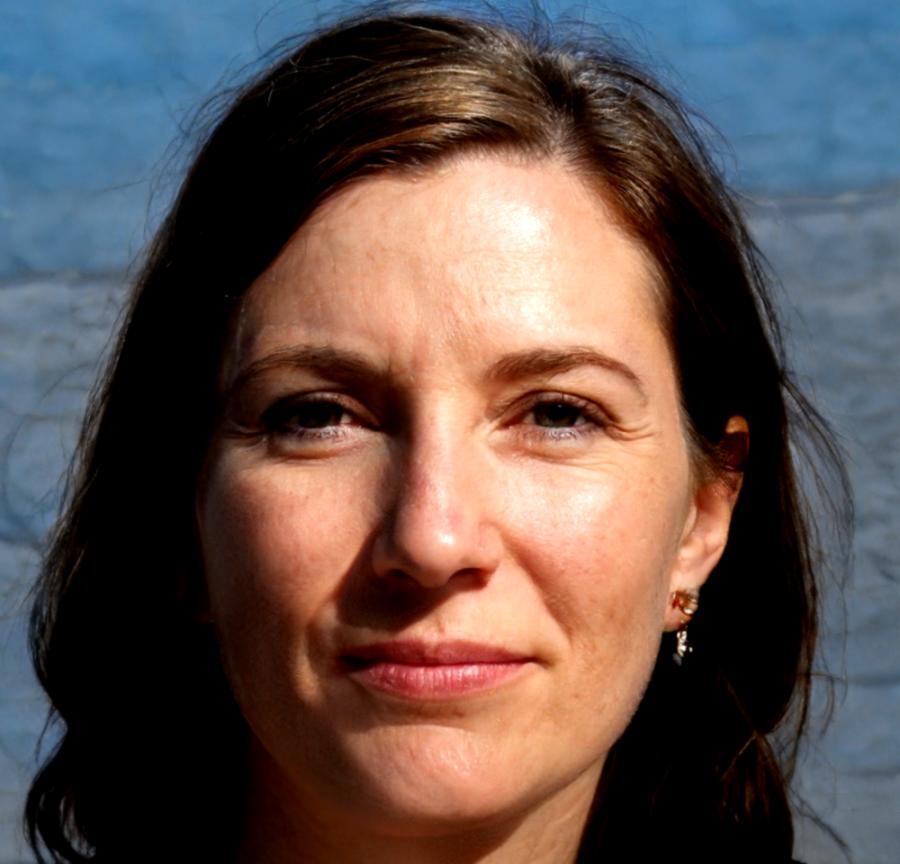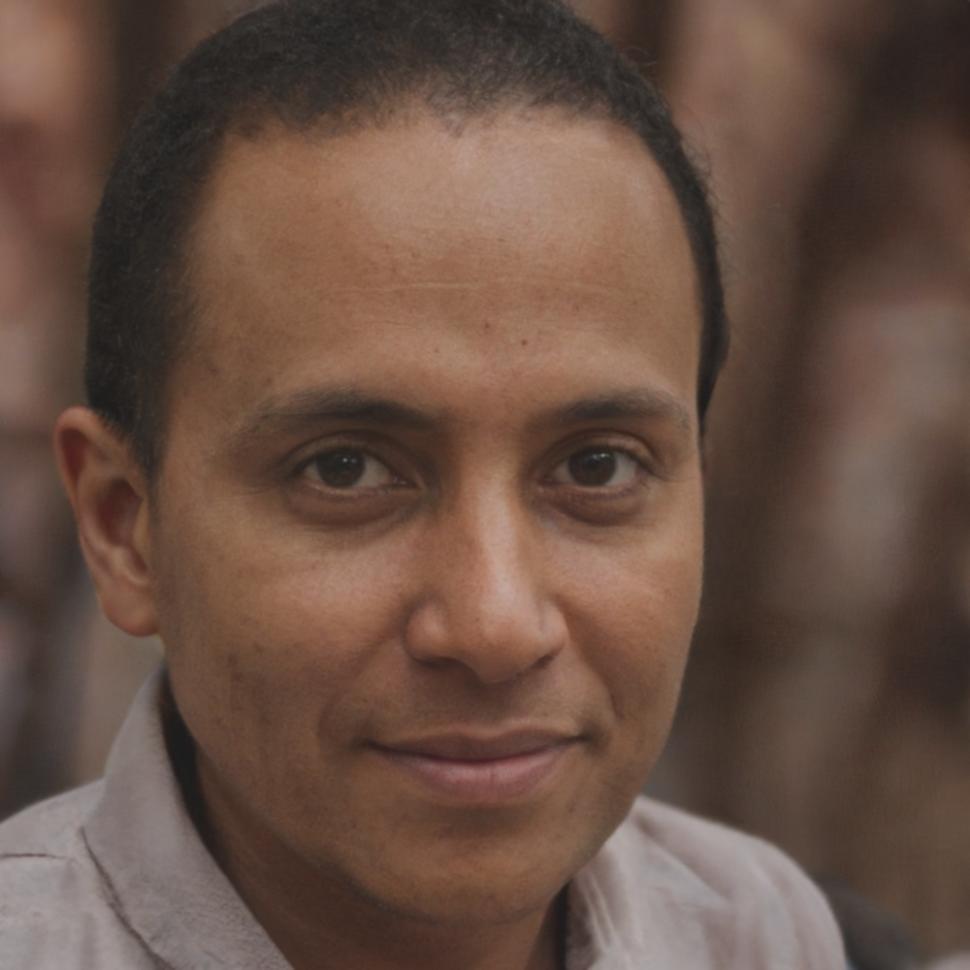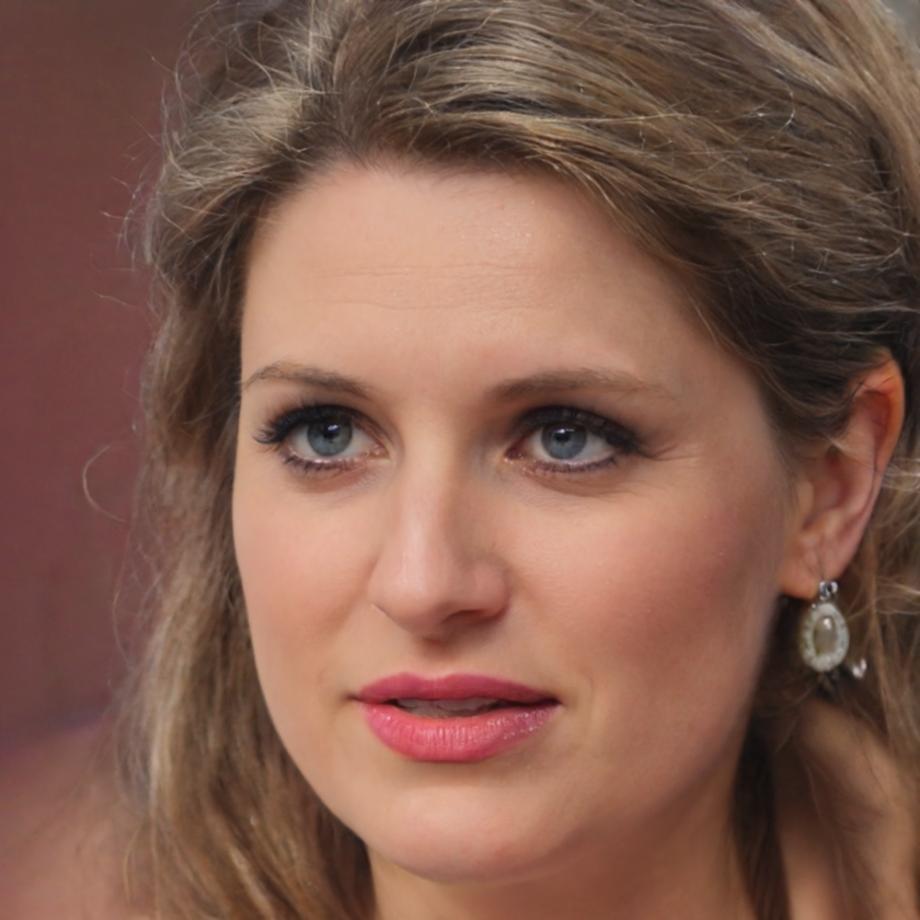Building Financial Clarity Through Practical Understanding
Money stress affects almost everyone at some point. But what if understanding your finances didn't require a degree in economics? Our programs focus on real-world application rather than academic theory—teaching you how to analyse your actual financial position and make informed decisions with confidence.

Foundation Course: Financial Stability Analysis
This isn't about abstract financial theory. We start with your actual bank statements and spending patterns. Over eight weeks, you'll learn to identify genuine financial stability indicators and spot warning signs before they become serious problems.
Sessions run Tuesday evenings starting October 2025. You'll work with real data—yours or anonymised examples—and leave with a personalised stability assessment framework.
8 weeks • Starts October 2025
Advanced Programme: Income Flow Mapping
Once you've mastered stability analysis, this twelve-week programme teaches systematic income and expense tracking. We focus on Australian tax considerations, superannuation optimization, and creating buffer systems that actually work for your situation.
Classes meet Wednesday evenings beginning February 2026. Limited to 15 participants to ensure detailed individual guidance.
12 weeks • Starts February 2026Learn From Practitioners Who've Been There
Our instructors aren't career academics. They're financial professionals who've helped hundreds of Australians move from financial anxiety to genuine clarity and control.

Petra Lindqvist
Foundation Instructor
Spent 14 years as a financial counsellor before developing our stability analysis curriculum. Specialises in helping people recover from financial setbacks.

Callum Brennan
Advanced Programme Lead
Former tax accountant who now focuses on practical financial education. His approach strips away jargon and focuses on actionable methods.

Sanja Kovačević
Workshop Facilitator
Brings experience from community financial literacy programmes across Melbourne. Known for making complex concepts genuinely accessible.

Eloise Dubois
Guest Lecturer
Certified financial planner who teaches our modules on superannuation strategy and retirement income planning for Australian contexts.
What Progress Actually Looks Like
Financial education isn't about overnight transformation. It's about steady progress and building genuine understanding over time. Here's what participants typically experience through our programmes—though everyone's journey varies.
Initial Assessment and Reality Check
Most people start with incomplete pictures of their finances. The first fortnight involves honest data gathering. You'll probably discover expenses you'd forgotten about and income patterns you hadn't noticed.
This stage can feel uncomfortable. That's normal. We're not judging—just establishing accurate baselines.
Pattern Recognition and Analysis
Once data is organised, patterns emerge. You'll learn to identify your genuine spending triggers, seasonal income fluctuations, and which financial metrics actually matter for your situation.
Building Practical Systems
Theory becomes practice. You'll create tracking systems that actually suit your habits, not someone else's ideal. We focus on methods you'll actually maintain after the course ends.
Participants test different approaches—some prefer spreadsheets, others use apps, a few stick with physical records. Find what works for you.
Ongoing Application and Refinement
Graduation isn't an endpoint. Most participants continue refining their systems for months afterward. Financial stability is about consistent application, not perfect execution.
